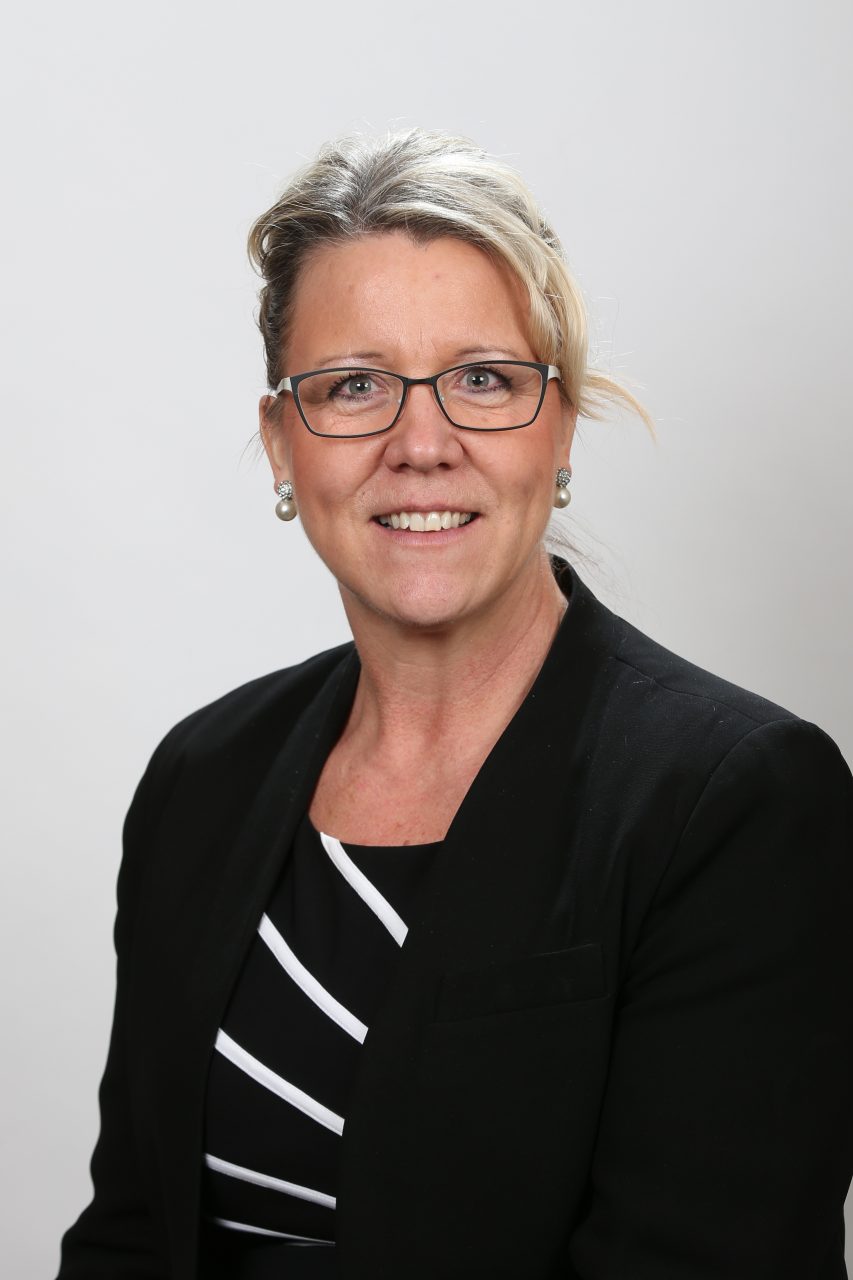Read Full eNews
More than 4,000 family physicians across Alberta see up to 40 patients a day — this amounts to 160,000 patients being seen by family physicians per day — creating healthier people and communities. Family physicians have a critical role in an effective public health response. The results of the Primary Health Care Opioid Response Initiative (PHC ORI) over the past two years required the ACFP to mobilize a trusted, skilled, and valuable workforce. We worked with our partners to present the evidence behind the effectiveness of treating opioid use disorder in a primary care setting and shared those findings with 2,166 primary care providers. Since June 2018, the number of prescribers of Opioid Agonist Therapy (OAT) have more than doubled and there are now 891 (457 are new) Primary Care Network (PCN) providers prescribing OAT. The number of patients being treated in their medical home is now 6,482 (an increase of 1,328 patients), and that number is still growing.
Currently, the ACFP and family physicians are being called upon to lean in, be prepared and assist with the potential spread of Novel Coronavirus, Hepatitis C, and Syphilis. If there is one thing that we have all learned from the opioid response, it is that a well-structured, integrated public health response system is difficult to mobilize, but not impossible. We need everyone to continue the tough work of building tried and true working relationships with community providers, family physicians, clinics, PCNs, health centres, community pharmacies, and hospitals across AHS zones; we need to keep those networks healthy.
Maintaining strong relationships takes deliberate ongoing effort. We must build relationships with new partners in spite of the recent AHS review and uncertainty. As an integrated health system utilizing all community resources such as AHS services, PCNs and physician owned clinics, we can unite and conquer, rather than scramble and duplicate. Let’s “keep it together” and tackle these public health challenges together.
Terri Potter, BA, PMP, CAE
Executive Director, ACFP


2 Responses
We need funding to upkeep high standards of healthcare no matter the current “scare”. Burnout is a thing and simply trying to keep morale upheld but telling us what we need to do is not enough. This government will cripple effective health care – I have seen it happen in the uk NHS. They are not concerned for doctors or patient health – simply bottom lines. I am a socialist at heart in the context of health care should be free but the governments are riding roughshod over us. You should be telling them we are not accepting of it !
Dr. Sayers,
We appreciate your comment. ACFP strongly believes that appropriate allocation of funding will need to be in place to ensure that high standards in healthcare are reached and maintained in Alberta. The proposed cuts that are being consulted and negotiated on are problematic and it is our expectation that they will be resolved through the processes being worked through. Indeed, a well resourced primary health care system is foundational to the success of every other level of the system.
In our role as an advocate for family medicine, we support our partners at the AMA in their work to negotiate with government regarding compensation. As well, we are advocating for the advancement and resourcing of the Patients Medical Home which includes additional funding being invested in interdisciplinary teams and supported pathways in and out of other levels of care, which is somewhat outside the negotiation process. Successful advocacy will require all of us to bring to light the valuable work that is done by in and with primary care systems to support its population and its providers through any clinical challenge or set of challenges.
ACFP will continue to use the mechanisms within our mandate to support successful negotiations, one of which is to highlight the valuable role of the family physician in the complex public and community response. We felt this was an important message to share both with our members, the public and partners at this time. We appreciate your engagement and that you challenge the process, it is the only thing that will ensure that we don’t quietly lose the ground that has been gained over the years in the advancement of Alberta’s primary care system.